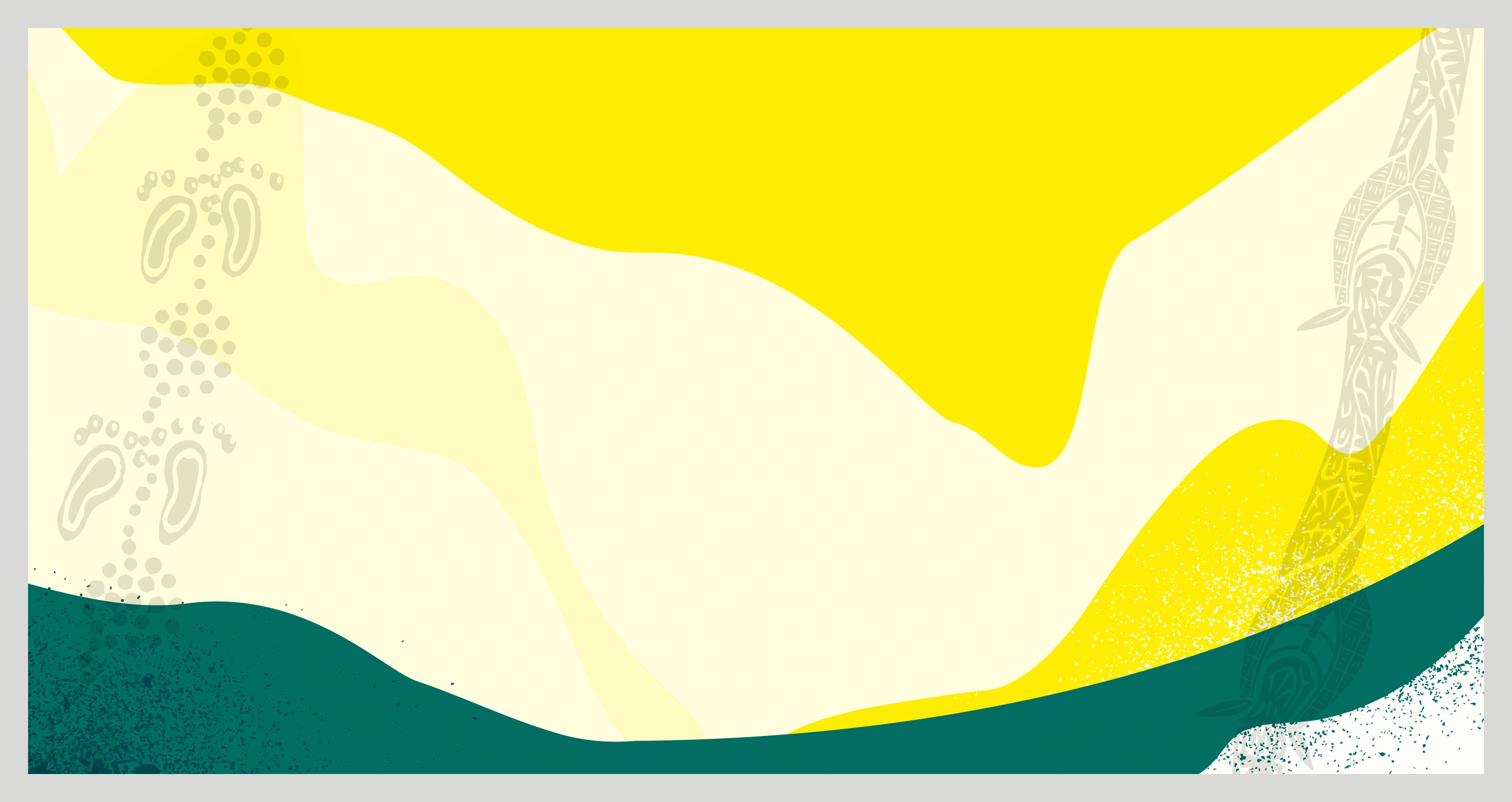For many people, running a marathon is a massive test of resilience and willpower. For Abere Kassw Belay, it's a daily reminder of the opportunities in his adopted home of Australia.
As Australia’s IOC Refugee Scholarship holder for 2021, Abere is one of 37 refugees given the opportunity to pursue their sporting dreams by the IOC, every year.
Like many refugees, Belay, a long-distance runner, has dealt with the loss of both his home and his family, but the new opportunities he has been given through the IOC Refugee Scholarship program mean he can continue his athletic career and help support his loved ones back home.
Twenty-six-year-old Belay grew up on a farm in Gondor, Ethiopia, where he would help his family before and after school.
He would walk a 12-kilometre round trip to and from school every day, a long-distance for most, but not for the future marathon runner.
Belay had always loved running and at the age of 15, realised that it was a passion he could turn into a career.
“Running makes me happy, I always loved the challenge of strong competition and enjoy feeling fit and strong,” Belay said.
“I had good endurance, so I started running the 1500 m and then the 10,000 m before I moved up to half marathon. When I was 19, I ran my first marathon.”
Abere’s talent was soon recognised by a local club, then he began training with the Ethiopian National Team in Addis Ababa and was selected for the national cross-country and road events teams.
With each new milestone, Abere’s excitement grew, because a successful athletics career meant that he could earn a good living and support his family, who largely live off the land.
In 2014, Abere set a personal best time of 2:08:18 in the 42 km Dubai Marathon, where he finished eighth.
The same year, he came to Australia to participate in the Melbourne Marathon where he finished third.
In 2016, he came second in the Zurich Marathon before winning the Dakar Marathon in 2017.

Abere was invited to compete in the Melbourne Marathon for a second time in 2017, although this time, he pulled out of the race due to the conflict back home and was unable to return to Ethiopia.
The government at the time was targeting people of Abere's region, locking them up, torturing them and killing them.
That government was replaced, but the new government is still at war with Sudan over land, with the fighting happening close to Abere's home, making it very dangerous for his family.
Fearing for his life and wanting to give himself the best chance of survival, he sought refuge in Australia and after going through the asylum-seeking process, was granted permanent residency.
Abere and fellow Ethiopian refugee, Fasika Metafriya were taken on by coach Frances Lipscombe, with both winning the men's and women's Gellong Half Marathon, respectively.

“It was a very hard decision, but my options were to go home and die or stay in Australia and live,” Belay shared.
He began working full-time, learning English and trying to juggle his athletic training but sustained a workplace accident where his hand was caught in a food processing machine for several hours.
Due to the accident, Abere needed several surgeries which included the amputation of his middle finger, with his remaining fingers and hand, permanently damaged.

Abere was unable to train for two years due to the pain and sensitivity of his hand when running.
“Not being able to train or socialise with my fellow athletes was very hard, and it made me very sad,” Belay said.
“Being in Australia when I couldn’t train, was very lonely because in Ethiopia the athletes lived together, ate together and trained together and I was missing that, but at least in Australia, I was safe,” he continued.
“I still don’t have full function of my hand, so I can’t do manual work where I need to grab something with my hand,” Belay explained.
“But luckily, it has healed enough for me to return to running.”
Once he was back to fitness, an Ethiopian running friend in Germany encouraged Abere to apply for the IOC Refugee Scholarship, after he had received one himself.

Abere witnessed how his friend’s life had changed and that with the scholarship, he was able to continue his running career.
“My friend who lived in Germany received an IOC Refugee Scholarship and he said to me, you are stronger and faster than me, you should apply, so I did,” he said.
When he found out he had been selected to receive the IOC Refugee Scholarship, Belay was elated.
“I was very, very happy when I received the scholarship. It has changed my life completely,” he said.
“There are many refugees in Australia who have fantastic running talent, but they had to give up so they could work to put a roof over their head and food on the table.
“Now I can concentrate on running, preparing for competitions and getting to the Olympics without worrying about the daily life stresses like how to pay the bills and can work to become the athlete I always thought I could be, before I had to leave my country.
You can find out more about the IOC Refugee Scholarship Programme HERE and learn about Asif Sultani, Australia's IOC Refugee Scholarship Holder for 2020 HERE.
Liana Buratti

